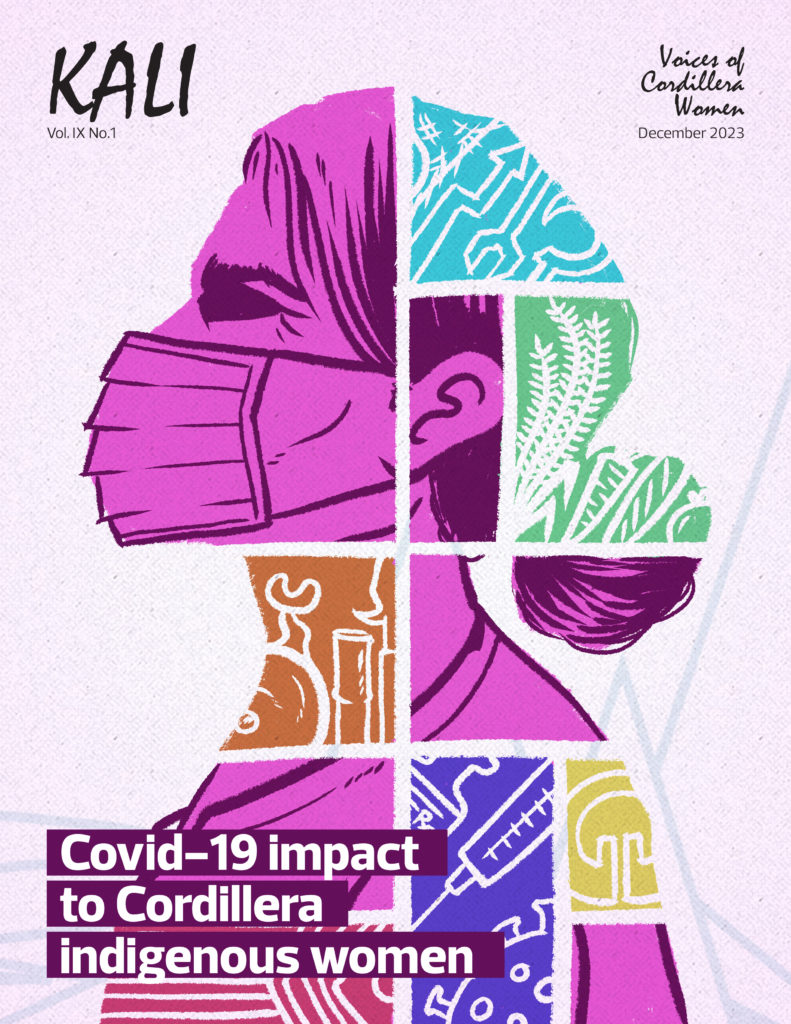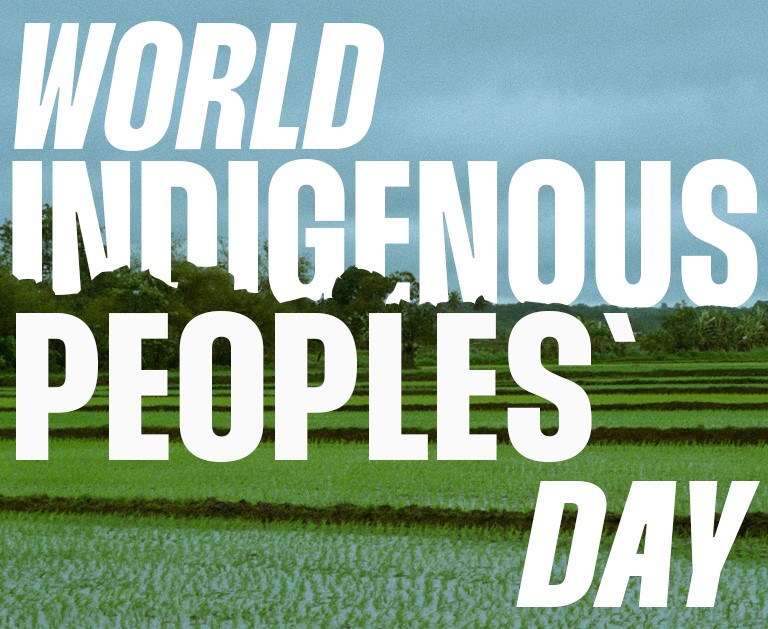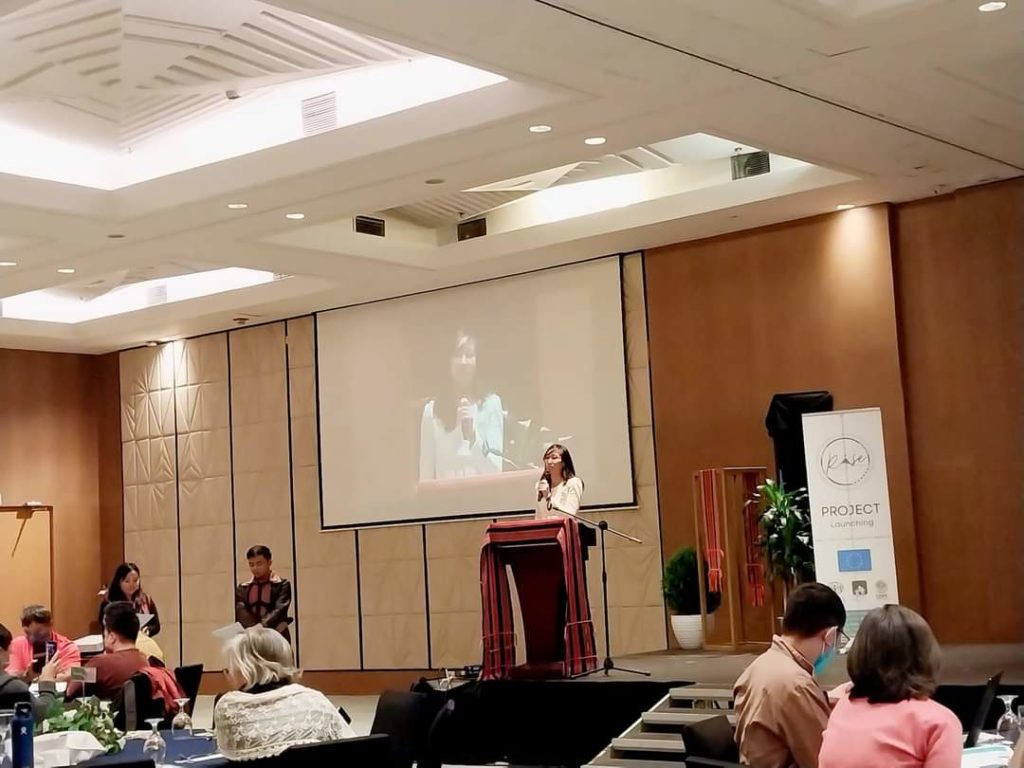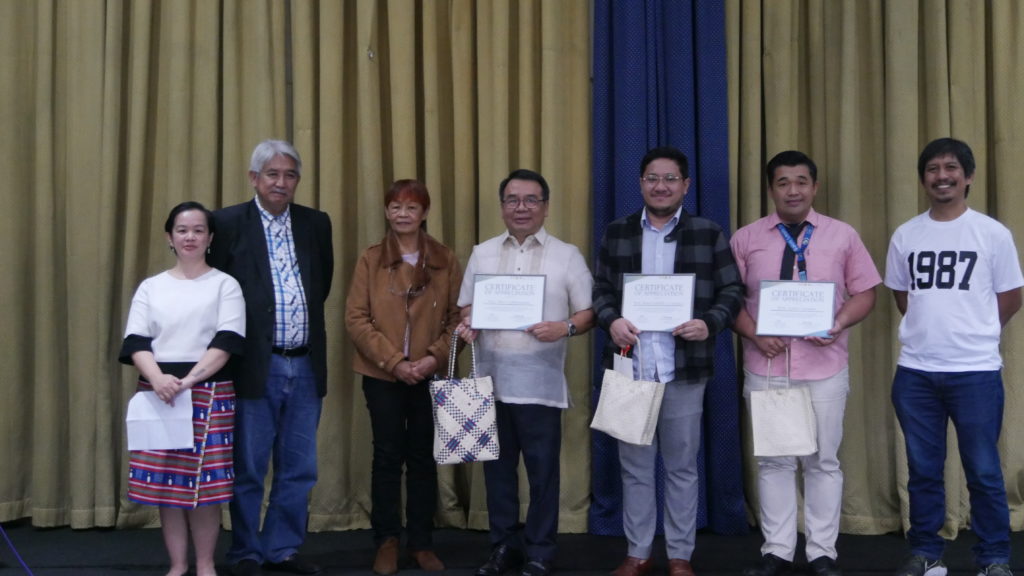by CWEARC | Dec 15, 2023
INTRODUCTION
The Coronavirus disease (COVID-19) is an infectious disease caused by the SARS-CoV-2 virus. The World Health Organization (WHO) underscores that “most people infected with the virus will experience mild to moderate respiratory illness and recover without requiring special treatment, while some will become seriously ill and require medical attention. Older people and those with underlying medical conditions like cardiovascular disease, diabetes, chronic respiratory disease, or cancer are more likely to develop serious illnesses. Anyone can get sick with COVID-19 and become seriously ill or die at any age.”
The first suspected case in the Philippines was investigated on January 22, 2020, involving two Chinese nationals on vacation in the country.2 Barely Four months later, the first known Covid positive case in the Cordillera Administrative Region (CAR) was reported in May 2020—an overseas Filipino worker who arrived from the United Arab Emirates in his hometown in Manabo, Abra.3 By November 11, 2021, the Department of Health Cordillera Center for Health Development (DOH-CHD) had reported a total of 92,221 Covid positive cases in CAR, with Benguet province having the highest number of active cases at 940.4 Disaggregated data according to sex is not available from official government records.
While it is true that the impact of the pandemic cuts across individuals from all walks of life, COVID-19 disproportionately affects the poor and vulnerable, including Indigenous peoples, women, and children,5 with wellbeing, poverty, and hunger being core issues related to COVID-19’s impact. The Philippines was already among Asia’s poorest countries even before the pandemic. Towards the end of 2020, a quarter of Filipinos were living in poverty, surviving at USD 3 per day according to the World Bank.
In this light, the research explores the socio-economic impact of COVID-19 on women in the Cordillera region, Philippines. Specifically, the study investigates reproductive health, food security and nutrition, mental health, gender relations, and culture based on existing knowledge and literature, observations, and expressed community needs. Knowledge gaps exist in observations and anecdotes, necessitating documented knowledge to address expressed and observed community needs. In addition, the research scrutinizes socio-political issues surrounding the COVID-19 pandemic, which has been leveraged for control. Finally, we want to unravel other dimensions of wellbeing encountered during the research process.
In this study, we align with the WHO definition of wellbeing as “a state of complete physical, mental and social wellbeing and not merely the absence of disease or infirmity.” We particularly explore the disparate impact of the pandemic on women’s wellbeing, as it influences both the family’s wellbeing and the roles of women-both traditional and contemporary-in both family and society. The research focuses on the Cordillera region, home to Indigenous peoples belonging to 7 major ethnolinguistic groups collectively known as the Igorot (people of the mountain) Indigenous peoples. The Cordillera population is presently at 1.7 million, 48% of whom are women, or 100 women for every 104 men, according to latest data of the Philippine Statistics Authority (PSA).
We capture the nature of the socio-economic aspects of COVID-19’s impact on women through the narratives of the participants in key informant interviews and focus group discussions.

To request for your copies, please send us a message at cwearc@cwearc.org.
by CWEARC | Aug 9, 2023

Happy World Indigenous Peoples’ Day!
CWEARC joins the global commemoration of World Indigenous Peoples Day 2023 with continuing confidence in indigenous women as instruments of change for self-determined sustainable development in their communities, in the face of rising challenges.
The national situation including the pandemic compounded pre existing vulnerabilities of women, as well as their marginalization. In 2022, the World Economic Forum Global Gender Gap ranked the Philippines 19th worldwide in terms of closing the gender gap, sliding down from 16th in 2020. The Gender Gap Index looks at gender parity in four dimensions: economic participation, opportunity, health and survival and political empowerment. Low participation in the labor force and the plight of women during Covid lockdowns are the primary reasons for the drop in ranking. While the WEF has reported that Philippine ranking rose again to 16th in 2023 due to increase in political participation of women, this is attributed largely to the number of elected women during the elections, which does not automatically translate to addressing the needs of poor and marginalized women. The other dimensions in political participation are equally important, especially at the grassroots level.
In 2022 as well, the Philippine Statistics Authority reported that in CAR, women’s labor participation is lower compared to that of women (4 women in every 10 workers), further qualifying that most employed women were laborers or unskilled workers. The PSA added that agriculture remains as one of the sectors where women’s presence and contribution is still unacknowledged, with women farmers often ignored in the provision of credit, agricultural services and training opportunities.
On health and social services, CWEARC emphasizes the need for services and interventions that address the needs of women in especially difficult circumstances (victims and survivors of sexual and physical abuse, illegal recruitment, prostitution, trafficking, armed conflict, women in detention, victims and survivors of rape and incest and other related circumstances) as well as mental health needs of women, which is essential and urgent in present times.
We believe that political participation of indigenous women, especially on issues of land rights, can only be achieved if they are free from the threats and dangers of judicial harassment, terrorist tagging, and other forms of discrimination and human rights violations. Only then can they effectively participate politically for interventions that will address their situation, such as lobbying for local implementation of the Mental Health Law and the Magna Carta of Women.
CWEARC humbly contributes in addressing the women’s situation through its programs on Women’s Mental Health and Psychosocial Support and Women’s Rights Support, in partnership with the women in communities, barangay local government units and professionals. These are but support services we commit to indigenous women in the region, as we recognize that full realization of their rights as well as that of their communities are theirs to claim through self-determination.
by CWEARC | Mar 7, 2023

Good morning and Happy Women’s Month!
Thank you for inviting the Cordillera Women’s Education, Action Research Center (CWEARC) to this important gathering of local government units and civil society organizations committed to work on the resilience of at-risk communities to adapt, mitigate and manage the impact of disaster and climate change. We congratulate the RISE Consortium and its partners for this timely endeavor towards building resilient communities in the BLISTT (Baguio-La Trinidad-Itogon-Sablan-Tuba-Tublay) area.
Working in the field of women and development for more than 30 years, CWEARC appreciates that women have a voice in this project, especially since grassroots and rural women are among the vulnerable sectors affected by climate change. On the other hand, women possess unique knowledge and experience in climate change adaptation, mitigation, and resilience, especially in indigenous communities. It is therefore important that women are at the heart of climate action, and there is no better timing to start than now.
With the support of the LGUs and CSOs in the BLISTT area, we are confident that enabling mechanisms will be in place so that women can effectively participate in policy formulation, in the establishment of a BLISTT resilient network and agenda, and in community-based resilience projects.We are with you in striving for the development goals in Benguet province, which is also one of CWEARC’s project areas, and we wish for the success of this consortium project. ***
by CWEARC | Dec 22, 2022

Our heartfelt gratitude to the speaker, reactors, cultural performers, and participants of the Public Forum on the Maharlika Investment Fund on December 22, 2022 at the Multipurpose Hall, Baguio City Hall. The livestream of the forum can still be watched through:
https://fb.watch/hFjmn3lLhE/
Thank you very much. We look forward to your participation in the upcoming events.
𝗦𝗽𝗲𝗮𝗸𝗲𝗿: 𝗣𝗲𝗿𝘀𝗽𝗲𝗰𝘁𝗶𝘃𝗲 𝗮𝗻𝗱 𝗥𝗲𝗮𝗰𝘁𝗶𝗼𝗻 𝗼𝗻 𝘁𝗵𝗲 𝗠𝗮𝗵𝗮𝗿𝗹𝗶𝗸𝗮 𝗜𝗻𝘃𝗲𝘀𝘁𝗺𝗲𝗻𝘁 𝗙𝘂𝗻𝗱
Human Rights Lawyer and Legislator
𝗣𝗮𝗻𝗲𝗹 𝗼𝗳 𝗥𝗲𝗮𝗰𝘁𝗼𝗿𝘀:

Prof. Geri Gatawa
Faculty, School of Accountancy, Management, Computing, and Information Sciences, Saint Louis University

Prof. Renz Venielle L. Lamayo
Assistant Professor of Economics, University of the Philippines Baguio
𝗧𝗵𝗶𝘀 𝗮𝗰𝘁𝗶𝘃𝗶𝘁𝘆 𝘄𝗮𝘀 𝗼𝗿𝗴𝗮𝗻𝗶𝘇𝗲𝗱 𝗯𝘆:
Beneco – Benguet Electric Cooperative
Union of Faculty and Employees of Saint Louis University (UFESLU)
Cordillera Women’s Education Action Research Center, Inc. (CWEARC, Inc.)





